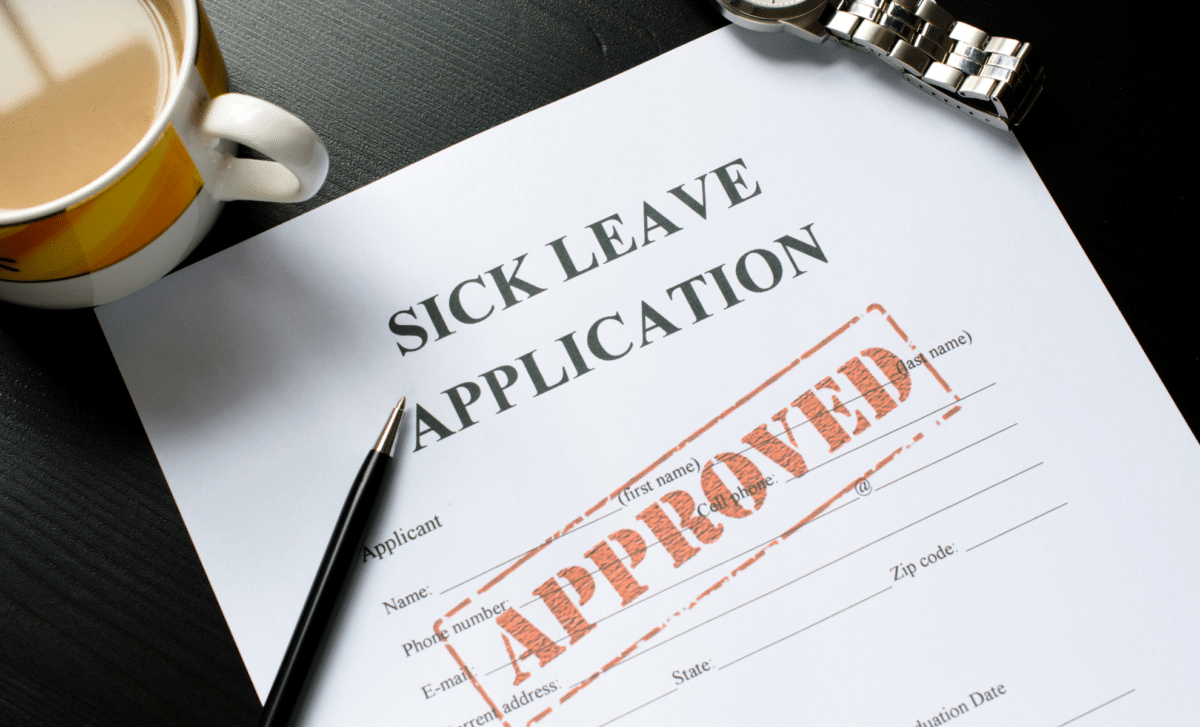Britain is currently facing its most significant and sustained rise in the number of working-age adults unable to work due to illness since the 1990s. This highlights the urgent need to address sick leave policies alongside unemployment measures to effectively support the workforce.
Economic Inactivity Soars in UK Amid Long-Term Sick Leave
According to the Resolution Foundation, economic idleness owing to long-term sickness, defined as those aged 16 to 64 who are not working or looking for work due to a health condition, has climbed year after year since July 2019, marking the longest uninterrupted rise since 1994 to 1998.
The thinktank cautioned that a near-record 2.7 million working-age adults were too ill to work, with the largest spike since the COVID pandemic concentrated among Britain’s youngest and oldest employees.
It highlighted the pandemic’s legacy as the British economy stumbles with persistent manpower shortages, claiming that the United Kingdom remained the only member of the G7 countries with a lower employment rate than before the health disaster.
However, the analysis revealed that the increased trend in long-term sickness began prior to the global epidemic, which began in the summer of 2019 and lasted 54 months. The longest previous span was 55 months, from 1994 to 1998.
It comes as Rishi Sunak faces increasing pressure from within the Conservative Party to “get a grip on worklessness” following a huge surge in economic inactivity to more than 9 million individuals over the last four years.
People with long-term illnesses make no contribution to the official rate of unemployment, which has plummeted to 3.9 percent among those aged 16 and up, equating to 1.4 million people, the lowest level since the mid-70s.
Nevertheless, economic inactivity has risen from 20.5% of all adult workers to 21.8%, or 700,000 people, with little evidence of easing as the effects of the COVID epidemic on the job market fade.
Welfare Policies Challenged Amid UK’s Longest Sickness-Related Inactivity Surge
Labour and the Conservatives have committed to taking a firm line on welfare claimants. Earlier this month, Liz Kendall, the shadow work and pensions secretary, stated that there would be “no option of a life on benefits” under a future Labour government as she announced proposals to help young people find jobs or education.
At the autumn statement, the government declared a crackdown on welfare claimants who “refuse” to engage with their job centres, while Mel Stride, the work and pensions secretary, was chastised this week for suggesting that the UK’s approach to mental health had “gone too far”.
According to the Resolution Foundation analysis, policymakers should be “wary about having an increasingly strict unemployment benefits system” since it may encourage more people to seek health-related benefits instead.
According to the Office for Budget Responsibility, spending on disability benefits is predicted to rise by £16.1 billion over the next five years, reaching £52.2 billion by 2028–29, a 45% increase.
Louise Murphy, a senior economist at the Resolution Foundation, stated that the impact on young and old adults could have “serious effects both on individuals’ living standards and career paths, as well as wider strains on the NHS and welfare spending if we fail to improve the nation’s health and reduce economic inactivity”.
“Britain’s labour market is finally returning to normal, but the COVID-19 pandemic has left an alarming legacy of the longest sustained rise in sickness-related inactivity since the 1990s,” she emphasized.
A spokeswoman for the Department for Work and Pensions stated, “We’ve reduced the number of workless households by 1 million since 2010. Our £2.5bn back to work plan will help break down barriers to work for over a million more people and our recent budget measures are estimated to boost the labour force by an extra 300,000 workers.”









